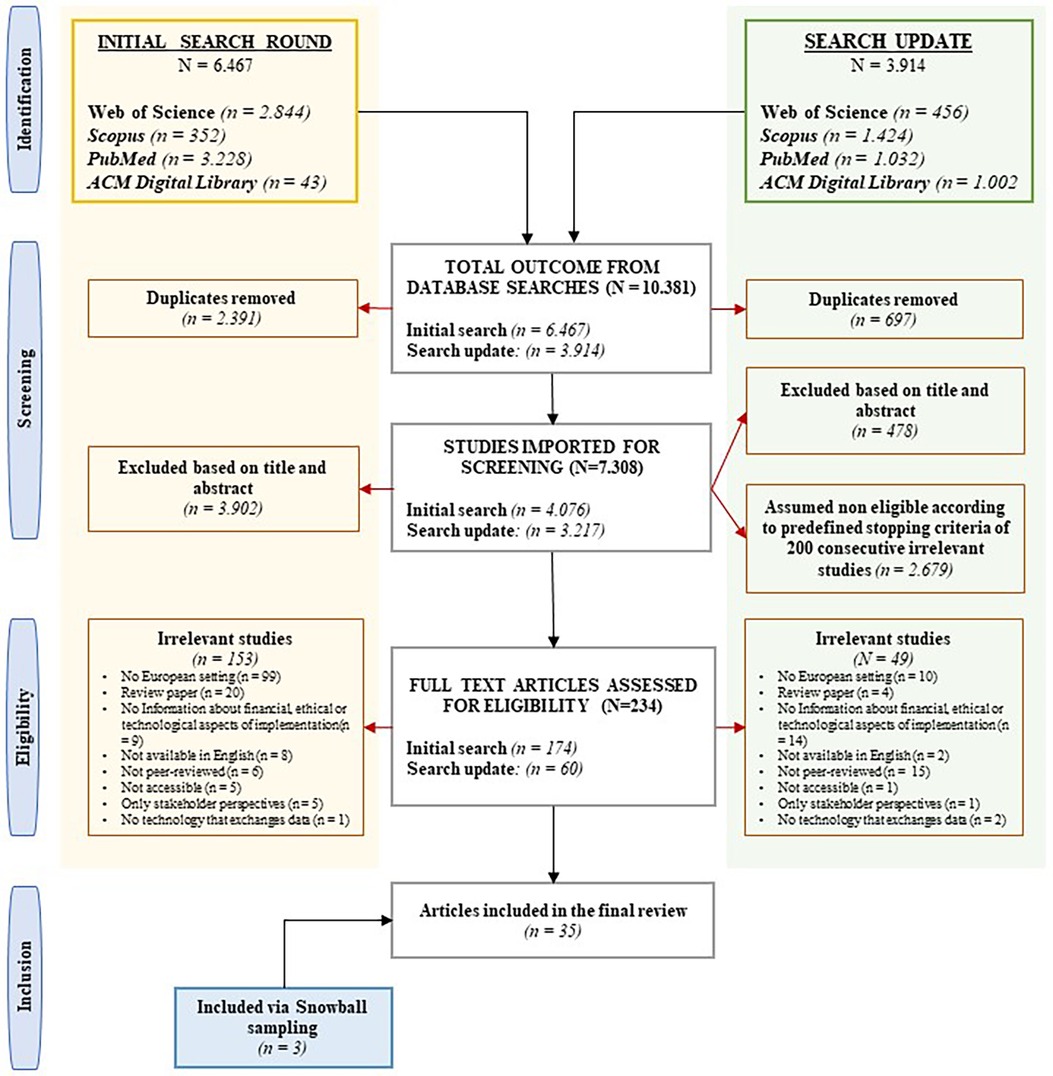Impact of Germany’s Implementation of the European Accessibility Act on Medical Devices

Title: The Impact of Germany’s Implementation of the European Accessibility Act on Medical Devices
Introduction
The European Accessibility Act (EAA), adopted by the European Union in 2019, aims to enhance the accessibility of products and services across member states, including medical devices. As a key player in the EU, Germany’s implementation of the EAA significantly influences the medical device industry, ensuring that products are accessible to all users, including those with disabilities. This article explores the impact of Germany’s adoption of the EAA on medical devices, highlighting the challenges and opportunities it presents.
Enhancing Accessibility Standards
Germany’s implementation of the EAA mandates that medical devices meet specific accessibility standards. This includes ensuring that devices are usable by individuals with varying physical, sensory, and cognitive abilities. Manufacturers are required to incorporate universal design principles, facilitating ease of use for all patients. This shift not only benefits end-users but also aligns with Germany’s commitment to inclusivity and equal access to healthcare.
Regulatory Compliance and Innovation
The EAA necessitates that medical device manufacturers in Germany comply with new regulatory requirements. This has prompted companies to innovate, developing devices that are not only compliant but also competitive in the global market. The emphasis on accessibility has led to advancements in technology, such as voice-activated controls, tactile feedback systems, and user-friendly interfaces, enhancing the overall functionality and appeal of medical devices.
Challenges for Manufacturers
While the EAA presents opportunities, it also poses challenges for manufacturers. Adapting existing products to meet accessibility standards can be costly and time-consuming. Companies must invest in research and development to redesign devices, potentially increasing production costs. Additionally, navigating the complex regulatory landscape requires expertise and resources, which may strain smaller manufacturers.
Economic and Market Implications
Germany’s adherence to the EAA has economic implications for the medical device industry. By prioritizing accessibility, German manufacturers can tap into a broader market, catering to the needs of an aging population and individuals with disabilities. This can lead to increased demand and potential growth in the sector. Moreover, compliance with the EAA positions German companies as leaders in accessibility, enhancing their reputation and competitiveness internationally.
Impact on Healthcare Providers and Patients
For healthcare providers, the EAA’s implementation means having access to a wider range of accessible medical devices, improving patient care and outcomes. Patients benefit from devices that are easier to use and tailored to their needs, promoting independence and quality of life. The focus on accessibility also aligns with Germany’s healthcare goals, emphasizing patient-centered care and inclusivity.
Conclusion
Germany’s implementation of the European Accessibility Act marks a significant step towards ensuring that medical devices are accessible to all individuals, regardless of their abilities. While it presents challenges for manufacturers, the emphasis on accessibility drives innovation and opens new market opportunities. Ultimately, the EAA’s impact on the medical device industry in Germany underscores the importance of inclusivity in healthcare, benefiting both providers and patients. As Germany continues to lead in accessibility, its approach serves as a model for other EU member states, fostering a more inclusive and equitable healthcare system.